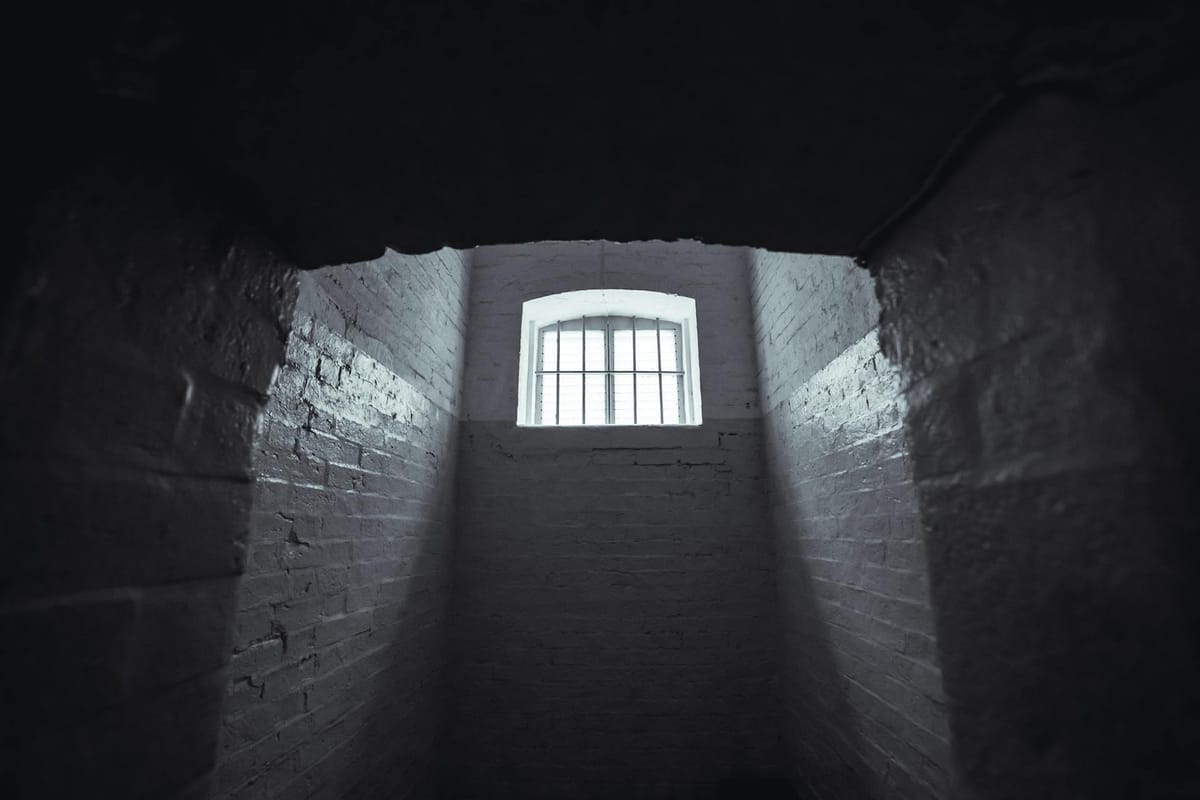Incarceration in the United States is something of a manufactured disease and epidemic. Those convicted lose their rights in a penal system which, by definition, is punishment. They must “pay for” their crimes, and whether the criminal justice system intended it or not, convicts pay with their health.
Correctional facilities are often unsanitary, violent, and lacking in adequate healthcare. Naturally, those in confinement are left with physical and psychological scars. According to the U.S. Office of Disease Prevention and Health Promotion, incarcerated people are at higher risk of hypertension, asthma, cancer, and arthritis compared to the rest of the population. Medical care in detention is scant, so releasees often return home saddled with a suite of health challenges that need urgent attention.
Prison punishes offenders for longer than their time served. New research presented at the Epidemiology-Lifestyle conference last March piles evidence onto the long-term health impacts of lockup, this time from a cardiovascular perspective. The study team led by Yale University data analyst Jenerius Aminawung tracked the health of over 400 former prisoners that were newly released from jails and prisons across Connecticut. Up to a year after emancipation, the effects of confinement still lingered: these people tended to have higher blood pressure, blood sugar levels, and body mass indices than the population average. While people who are incarcerated often have pre-existing health issues, previous studies have shown that being in the stressful environment of detention can perpetuate those conditions or worsen them. Aminawung’s team also observed that study participants were also more likely to adopt unhealthy habits such as smoking and sedentariness compared to those who had never known confinement. Overall, incarceration put people on the path toward poorer cardiovascular health, an indelible shadow of the prison walls that they left behind.




